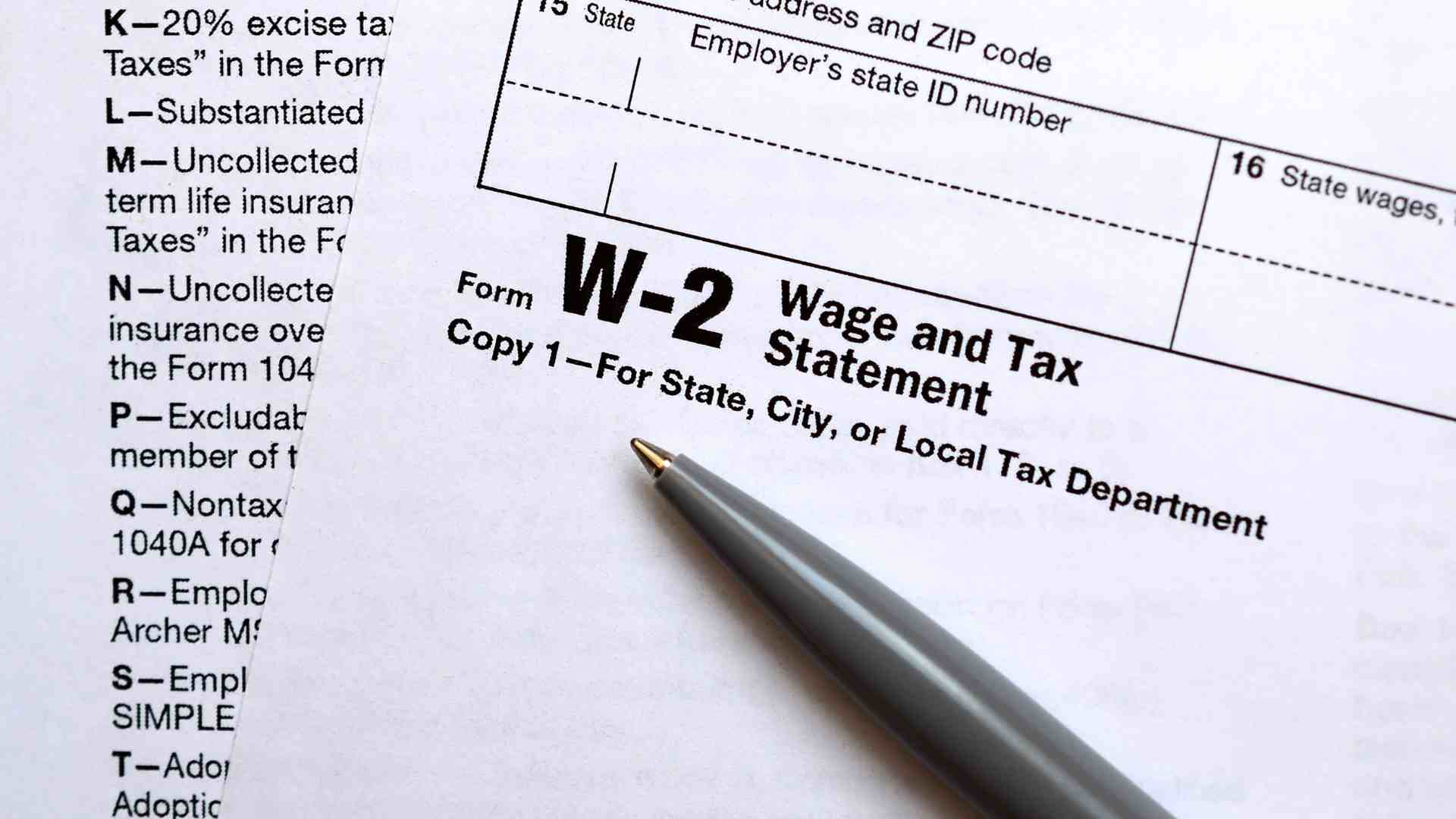Lindsay Clayborne
6 mins
Should HR outsource their car allowance program? Four considerations
Consider these four when deciding to outsource your car allowance program: time, money, expertise, and integration. By Lindsay Clayborne CHRP.

Should you outsource your company car allowance program?
Outsourcing is a common topic of conversation among human resources professionals. For HR leaders in organizations that offer a car allowance as part of their total rewards package, it may be time to consider whether this is a function that could be outsourced.
Making the decision to outsource comes with a lot of questions.
We want to help you make this decision, so we have put together a list of four things to consider when evaluating whether to keep administration of your car allowance program as an in-house function, or outsource it to a third-party provider.
1. Car allowance programs are admin-heavy
First and foremost, consider the amount of time that must be allocated to administer the program.
How much time does it actually take to administer the program?
Administering car allowance programs takes a lot of time. Consider that the average HR professional has only 8% of their week to dedicate to total rewards, of which car allowance is only a small part.
To effectively administer a car allowance program, an HR person must collect mileage; calculate reimbursements; track and calculate prorations; review and approve insurance and other compliance documentation; review and update policies on a regular basis; and respond to all employee questions relating to the program. Add up all of these activities and it’s easy to see that administering a car allowance program in-house requires a full-time individual.
On the other hand, outsourcing car allowance program administration can free up valuable time on your HR team. Partnering with a third-party provider not only removes time dedicated to administration, it can also provide you access to technology that can help automate a lot of processes, such as mileage tracking, payment processing, and compliance review. Most third-party providers also have guaranteed response times, meaning you don’t have to worry about your employees being left on read.
Moreover, with administrative tasks out of the way, you can focus more time on strategic initiatives and tasks, a pressure that many HR teams across the country are experiencing.
2. In-house admin is expensive
Even if time is not a constraint for you, you will have to consider the actual financial impact of deciding to keep car allowance in-house or to outsource it.
What are the actual costs of managing your car allowance program in-house?
Most obviously, you have to pay someone to administer this program, to complete all the aforementioned tasks. The cost of an HR administrator can range from $49,000 to $60,000 per year in salary alone. Add benefits and perks for an additional 5-10% in costs, and you may well be upwards of $65,000 per year for one person, just to administer the program.
Considering compensation is one of the largest operating costs in an organization and organizations are constantly looking for ways to reduce operating costs—to realize greater profits or find other ways to reward your employees—it may make sense to look at outsourcing.
While outsourcing will cost you money (you are paying for a service, of course), you can benefit from cost-savings realized by the third-party due to their ability to tap into economies of scale. For example, a company with 100 drivers can get their car allowance program fully administered by a third party for approximately 50% of the cost of hiring a full time HR employee.
3. You might not have the right expertise
Apart from cost and time, HR leaders need to consider the value of and ability to find the expertise required to properly administer car allowance programs.
Car allowances, like most benefits, are regulated by the government and must follow guidelines set forth by the IRS, and the IRS isn’t known for light reading and intelligible regulations.
There is a big difference between a taxable, unaccountable car allowance, and a tax-free car allowance: your team could reduce vehicle program costs by 30% just by outsourcing to a vendor who knows the difference.
Since HR teams are typically small, it may be challenging to justify dedicating a headcount for one specialized area of your total rewards program. Even if you can, consider how much time can be spent on finding an expert in IRS car allowance regulations. Finding a subject matter expert (SME) is no small feat.
Outsourcing can provide ready access to not just one, but many experts in tax-free car allowance regulations. Working with SMEs in this area can provide faster response times, more compliant programming and opportunities to find cost-savings within your program. Furthermore, third party providers can leverage their technical expertise to derive insights and data that can help with data-driven decision making and contribute to HR’s strategic agenda.
4. In-house options may not integrate or scale
The final piece to consider when deciding whether to outsource car allowance administration is the integration and scalability of the program.
Any business process that exists in isolation from other systems usually results in more manual work and sunk time: you have to repeat processes, and manually gather information which is available in other systems.
When your HR function is connected or integrated with your other systems, it saves time, reduces error and automates processes. Lastly, it streamlines changes that need to be made and grows with your business. Scaleable HR systems, including a tax-free car allowance, are key to:
- Keeping with the pace of change in organization
- Driving data collection
- Reducing the number of changes that need to be made to systems
Outsourcing to a reputable vehicle reimbursement program provider checks all the boxes.
Conclusion
Careful consideration of your options when outsourcing is key. You need to consider whether a vendor fits with your organization and aligns with your priorities, mission and direction.
The right outsourced partner can free up financial resources to put toward addressing other HR initiatives, like employee retention and growth. Outsourcing can save time, allowing HR to focus on high-value strategic priorities versus administrative work. It can provide levels of expertise that translate into increased compliance and reduced risk. It gives you access to technology that generates valuable data and is integral to building integrated business and HR processes that set businesses up for rapid growth.
Further reading
This article is part of a series that delves into vehicle reimbursement programs as they relate to HR professionals. Check out these other great blog posts:
HR leaders: does your team treat car allowances as extra income?
HR leaders: differentiating personal and business mileage
Attract Sales Talent with Tax-Free Car Allowances
Happy reading!
Sources
How to measure human resources costs
The optimal HR to employee ratio
2022 HR Trends Report | McLean and Co
Share on:


